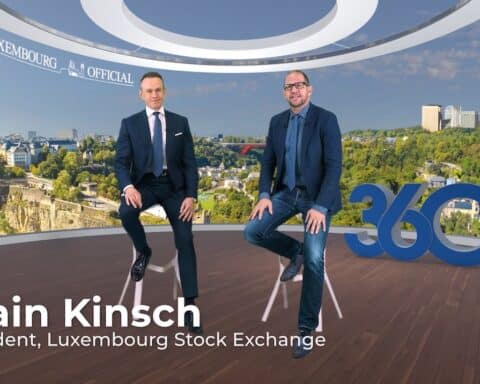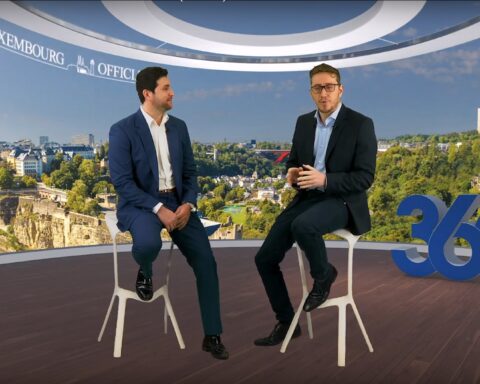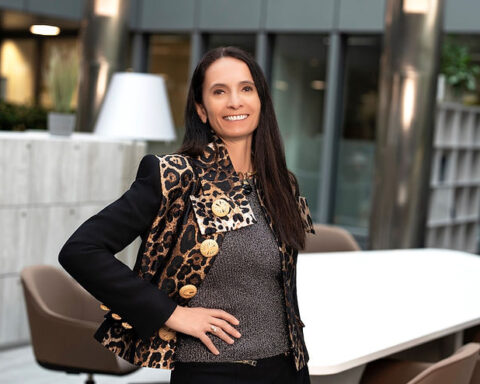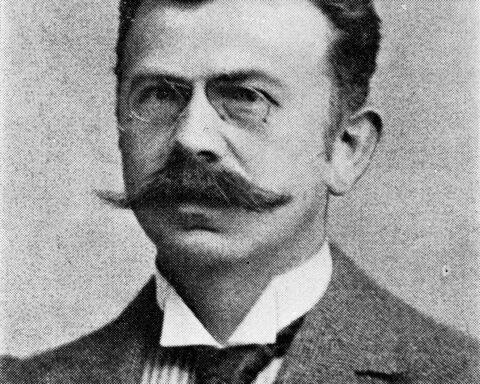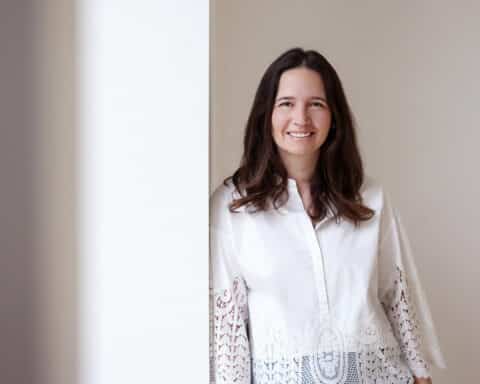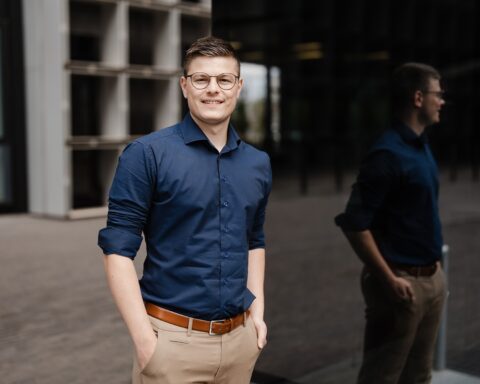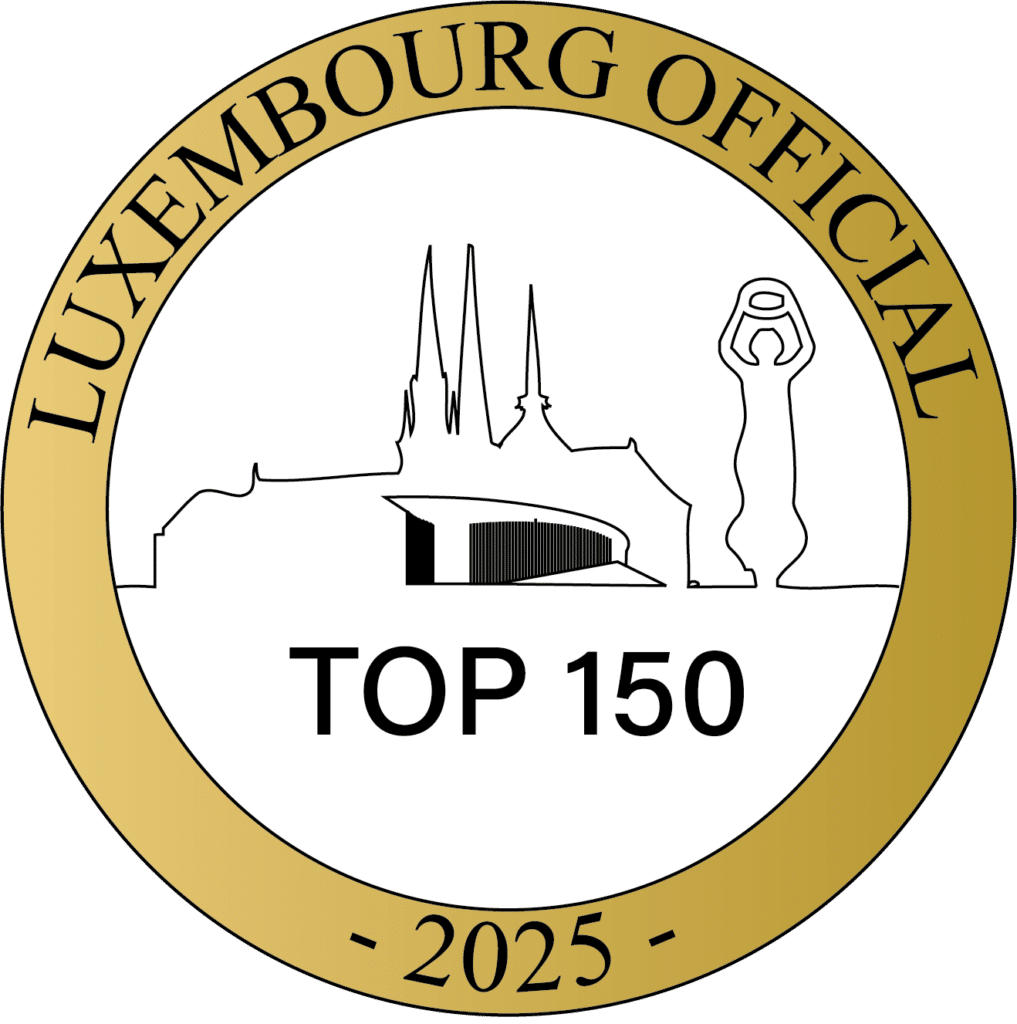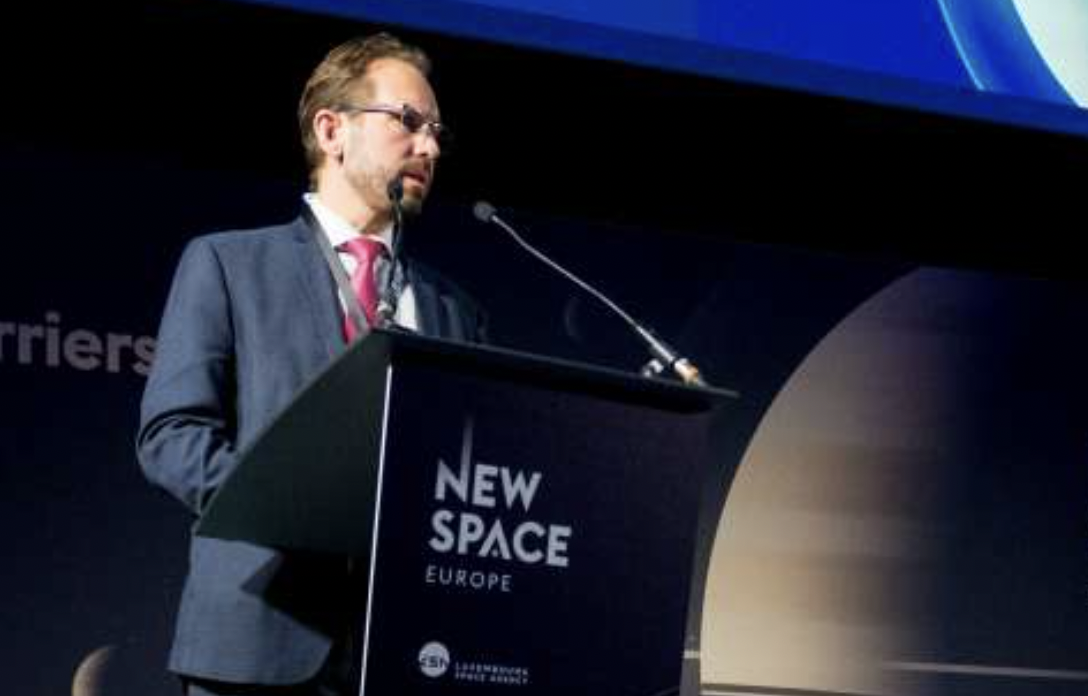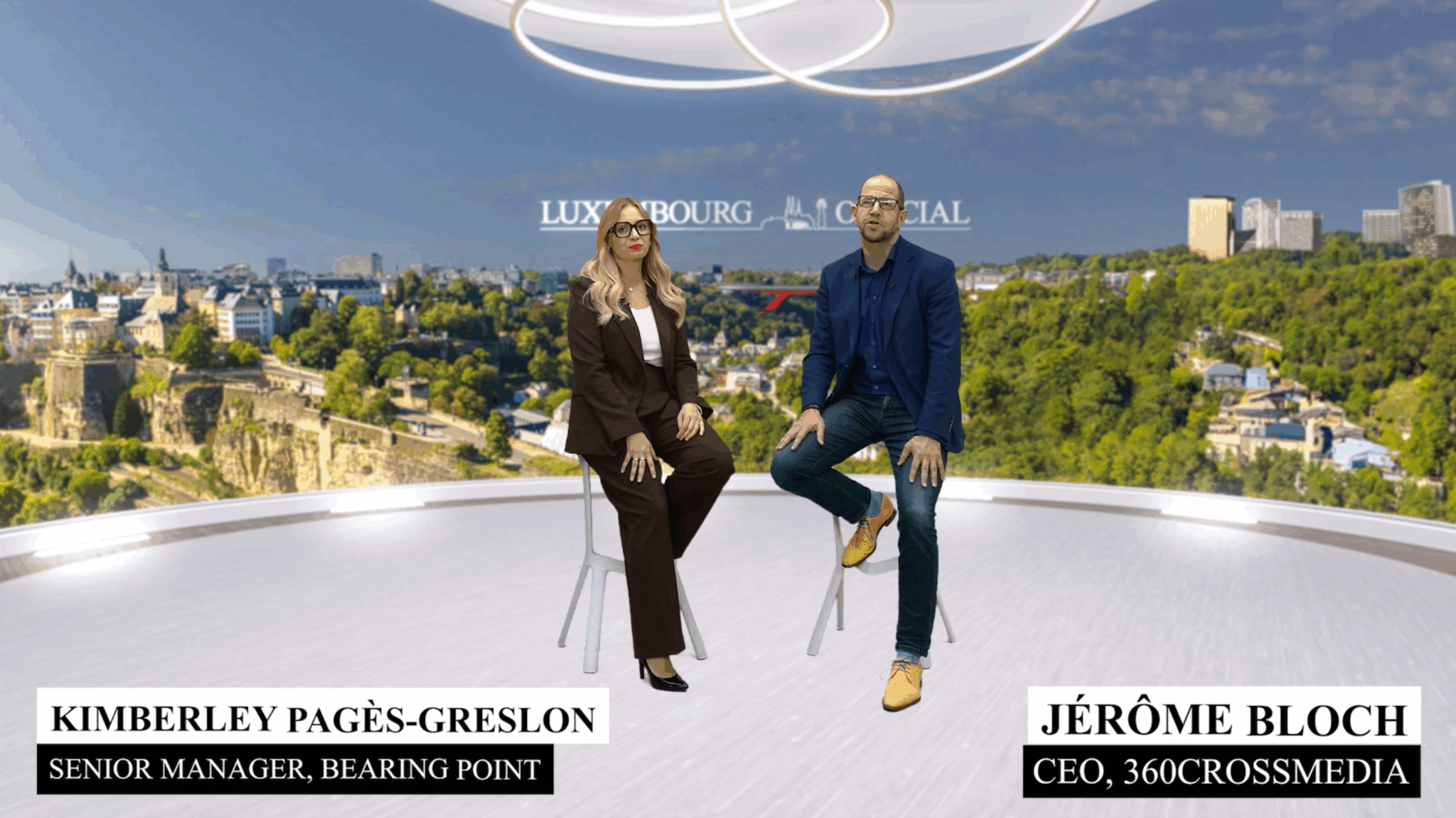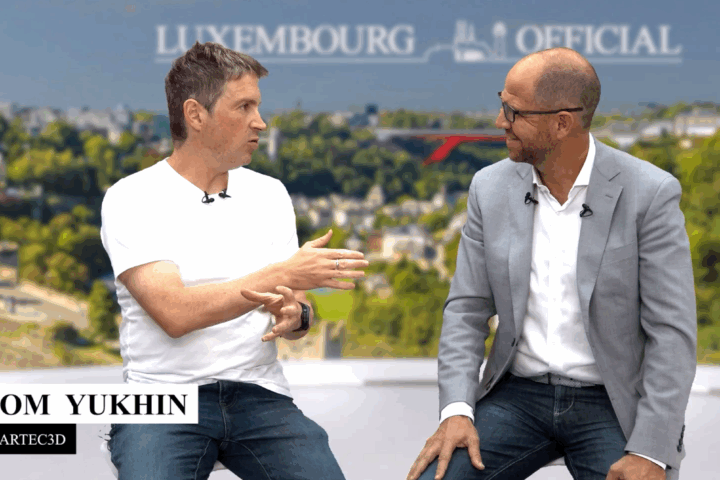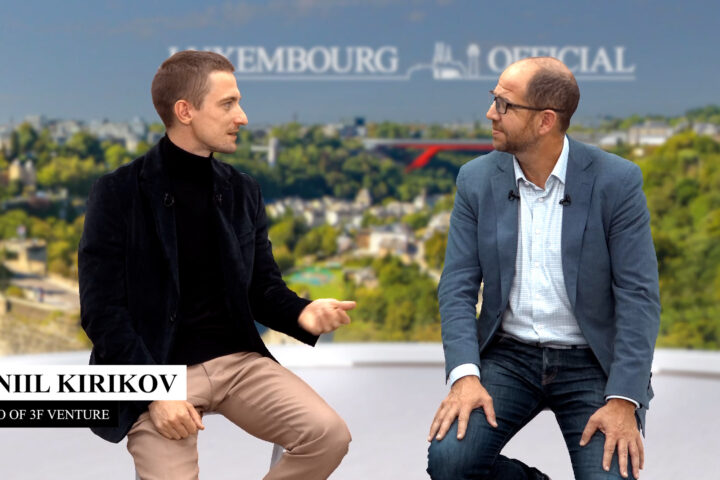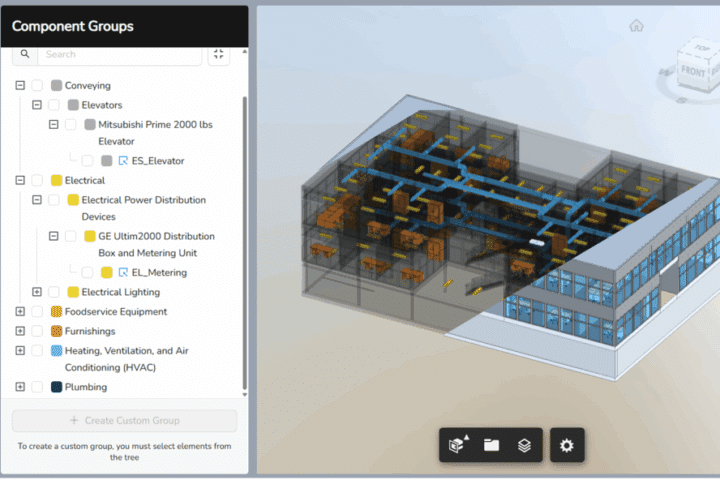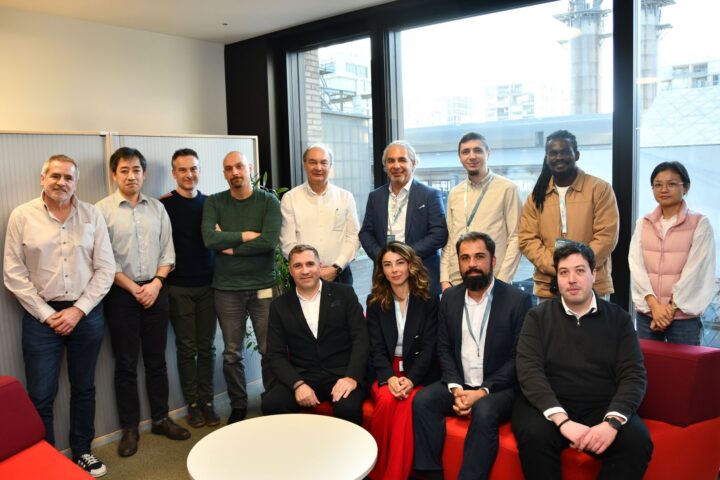Dr. Marc Serres, CEO of the Luxembourg Space Agency, says that with the attrition of Earth’s resources, attention is turning to exploiting materials in Space. But first traffic management must be established to control the growing number of space vehicles and the debris from past space missions cluttering Earth orbit.
Who is Dr. Marc Serres?
Dr. Marc Serres has been CEO of the Luxembourg Space Agency since 2018. He was previously Head of Space Affairs at the Ministry of the Economy. Both his education and industrial experiences have equipped him for his role promoting Luxembourg’s potential as a resource hub to meet the growing need for space expertise. He was educated at the Université Catholique de Louvain in Belgium. He specialized in electrical engineering and optoelectronics, the study of the detection and control of light. His business background was in the satellite communications antenna manufacturing industry. At HITEC Luxembourg S.A. he worked first as Project Engineer and finally as Chief Engineer for satellite communications products development. He is a Member of the International Academy of Astronautics.
Isn’t there space in Space?
Human consumption is rapidly diminishing Earth’s resources. There is mounting urgency to find new materials in Space. However, there is growing congestion in space caused by satellites and other space vehicles. The current 10,000 active satellites in Earth orbit will rise to tens of thousands in the future. There is no international law governing this traffic management headache. It is complicated by the burgeoning debris of redundant spacecraft and other detritus orbiting the Planet. The space in Space is cluttered with some 36,500 pieces of debris larger than 10 centimeters, about a million objects of 1 to 10 cm, and 130 million fragments smaller than 1 cm. How ever small, these fragments endanger working spacecraft.
“It’s a priority not only for the Ministry of Housing and Spatial planning but for the entire government to build more, to build faster”
What is Luxembourg’s role in the future of Space?
To prepare for the coming demand for space-related services, Luxembourg will be investing €256 million between 2023 and 2027 in a “revisited” space strategy. Dr. Serres says Luxembourg’s first task is to help companies develop their space businesses. These can be very wide-ranging, from the manufacture of components that will fly on a satellite to components that are pure software. Addressing the environmental impact of the space industry he says, “We have added a sustainability component, particularly with regard to active and inactive objects in space.” The Interdisciplinary Space Master qualification at the University of Luxembourg is aimed, says Dr. Serres, to create a pool of people with the skills to work in the space sector in Luxembourg.

